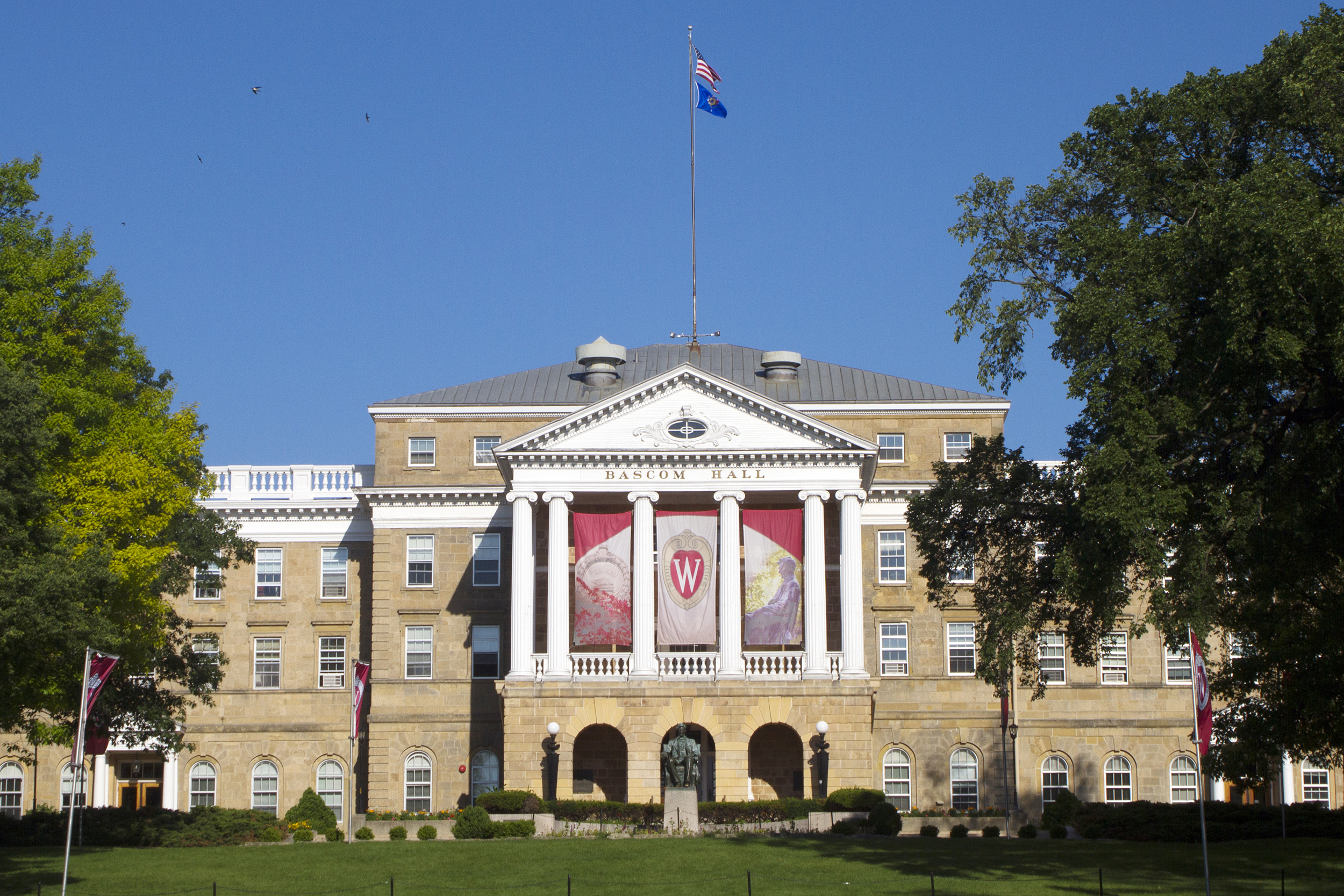Scholarship: Fully-funded
Degree: B.S./M.S./Ph.D
Nationality: International Students
Location: Germany
Application deadlines: Open
Scholarship Description:
The University of Wisconsin-Madison (UW-Madison), founded in 1848, is located in Madison, the capital of the US state of Wisconsin. It is one of the world’s leading and most prestigious public research universities, ranked 32nd in the 2023 Softech Academic Ranking of World Universities and 35th in the 2023 U.S. News World University Ranking. News World University Rankings #35. A founding member of the Association of American Colleges and Universities and the Big Ten, the University of Wisconsin-Madison is considered an Ivy League public university, with its College of Pharmacy ranked seventh in the nation (US News 2023). Dr Ting Fu’s lab in the School of Pharmacy enrols two Ph.D. students. Madison, the capital of Wisconsin, has a beautiful environment and good safety, and is rated as one of the top ten best cities to live in the United States.
Dr Ting Fu received his Ph.D. from the laboratory of Prof. Jongsook Kim Kemper at the University of Illinois at Urbana-Champaign (UIUC), followed by a postdoctoral fellowship at the Salk Institute in the laboratory of Prof. Ronald Evans, the internationally renowned father of nuclear receptors. D. in the laboratory of Prof. Ronald Evans, the internationally renowned father of nuclear receptors. His doctoral and postdoctoral research focused on bile acids and their nuclear receptor FXR. His doctoral research focused on metabolic diseases such as obesity, diabetes and fatty liver disease, and his postdoctoral research on colorectal cancer, inflammatory bowel disease and gut microbiology. During his postdoctoral period, he has published a number of first author research papers in Nature, Cell, PNAS, Cell Report, MCB, etc. He has also co-authored a number of research articles in Nature, Cell Metabolism, Aging cell, Cancer Cell, etc., as well as a number of review articles.
Available Subjects:
- The Fu lab will continue to focus on the study of gut physiology and metabolism around nuclear receptors and bile acids, inflammatory cancers, as well as gut microbes and their modification to produce novel bile acids, and will focus on the development of novel small molecule therapeutics, immune modulators, and gut microbe-related therapeutics and diagnostics. The laboratory will use a range of platforms and technologies including pharmacological tools, genetic tools, human and mouse 3D organoids (PDCOs), mucosal immunity and host and microbiome sequencing to study enterocolitis and colorectal cancer.
Eligibility criteria:
- (1) PhD positions: Undergraduate or Master’s students with a background in molecular biology, cell biology, immunology, human and animal medical physiology, microbiology, etc. are encouraged to apply, and some research experience is preferred.GPA of at least 3.0, with 3.2 or above preferred. Good reading, writing and communication skills in English, GRE score is not required, TOEFL score (above 95, 100 or above preferred) or IELTS score (above 6.5, 7 or above preferred). Applicants are expected to have good scientific literacy, academic rigour, professionalism, teamwork and communication skills.
- 2) Postdoctoral positions: PhD students with a background in molecular biology, cell biology, immunology, human and animal medical physiology, microbiology, etc., with good reading, writing and communication skills in English and independent thinking, good scientific literacy, academic rigour, professionalism, teamwork and communication skills are encouraged to apply.
Application Procedure:
Interested students and teachers are welcome to enquire and apply, please send relevant application materials to [email protected]. For postdoctoral positions: Please send the cover letter and CV in one PDF file to Dr Fu, indicating postdoctoral or Ph.D. application in the title, and please describe your research results in the cover letter. Please briefly describe your research results in the cover letter.
